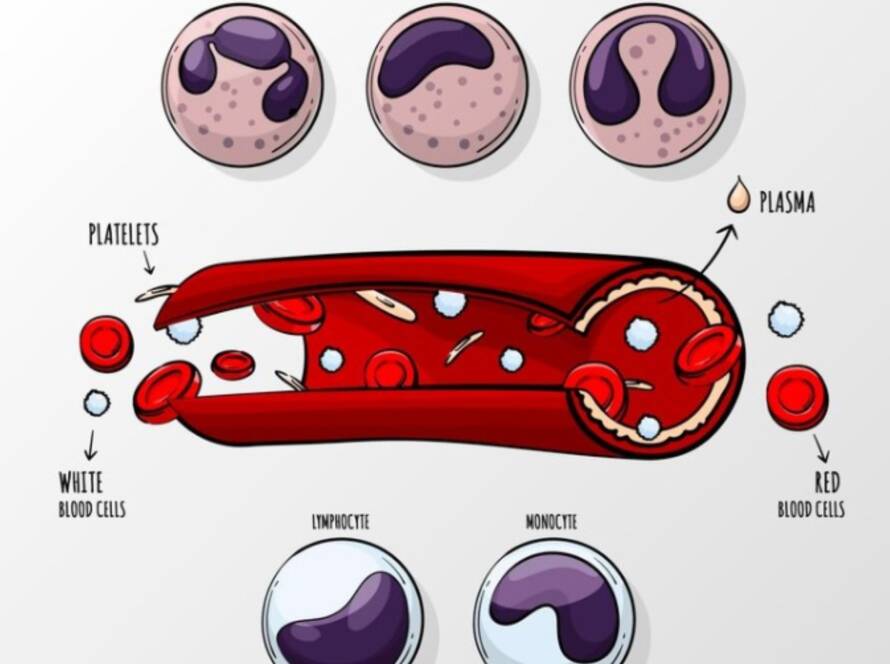Have you ever had a late-night slice of pizza only to regret it when that familiar burning sensation creeps up your chest? That’s just one of the many relatable scenarios where GERD (Gastroesophageal Reflux Disease) can make its presence known. Let’s delve into this common digestive issue and how it affects our daily lives.
What Is GERD

GERD is a chronic condition where stomach acid flows back into the esophagus, causing irritation and discomfort. This backward movement of stomach contents can lead to symptoms like heartburn and chest pain. Many people might encounter occasional bouts of acid reflux or heartburn. Yet, if acid reflux symptoms occur more than twice a week, you may have gastroesophageal reflux disease (GERD)
Symptoms of GERD
The primary symptom of GERD is enduring heartburn, characterized by:
A burning sensation in the stomach that can ascend to the chest, neck, and throat
A sour or bitter taste in the mouth
Backflow of food or liquid from the stomach into the mouth
Additional potential symptoms of GERD encompass:
A sensation of fullness
Persistent cough
Halitosis

In certain instances, individuals may encounter alarming symptoms linked to GERD, such as difficulty swallowing, nausea or vomiting, and anemia.
Causes of GERD
Lower Esophageal Sphincter (LES): A weakened or relaxed LES can allow stomach acid to flow back into the esophagus, leading to GERD.
Lifestyle factors: Certain habits like smoking, alcohol consumption, and obesity can increase the risk of developing GERD.
Dietary habits: Consuming large meals, acidic or spicy foods, caffeine, and chocolate can trigger and worsen GERD symptoms by affecting LES function or stimulating acid production.
Other conditions: Hiatal hernia and certain connective tissue disorders can contribute to the development of GERD by affecting the function of the LES or increasing abdominal pressure.
Treatment for GERD
Lifestyle adjustments:
- Elevate the pillowto prevent acid reflux during sleep
- Avoid trigger foods such as spicy, fatty, or acidic items
- Practice portion control during meals to avoid overeating and trigger reflux
- Maintaining a healthy weight and body mass index to reduce abdomen pressure
Herbal therapy: Some individuals find relief from GERD symptoms through herbal remedies like chamomile, licorice, or ginger, which can aid digestion and reduce inflammation in the esophagus.
If these approaches are insufficient to alleviate your GERD symptoms, a doctor may recommend medications to reduce the production of stomach acid. For example, they might prescribe antacids or H2 receptor blockers.
In conclusion, GERD is more than just occasional heartburn; it’s a chronic condition that can significantly impact daily life. Individuals should take proactive steps to manage GERD. In addition to lifestyle changes, if you want to relieve GERD more effectively, welcome to try Frequency Healing to reduce acid reflux and support your gastrointestinal health.






